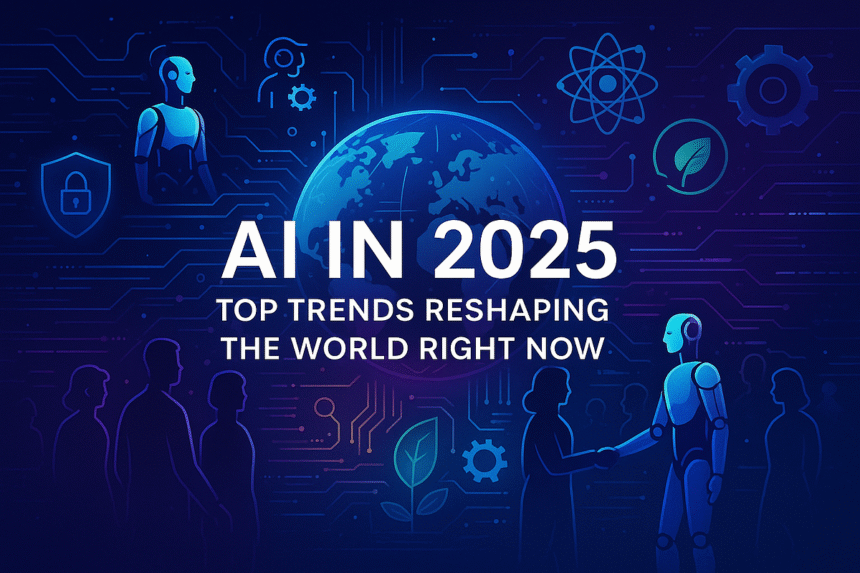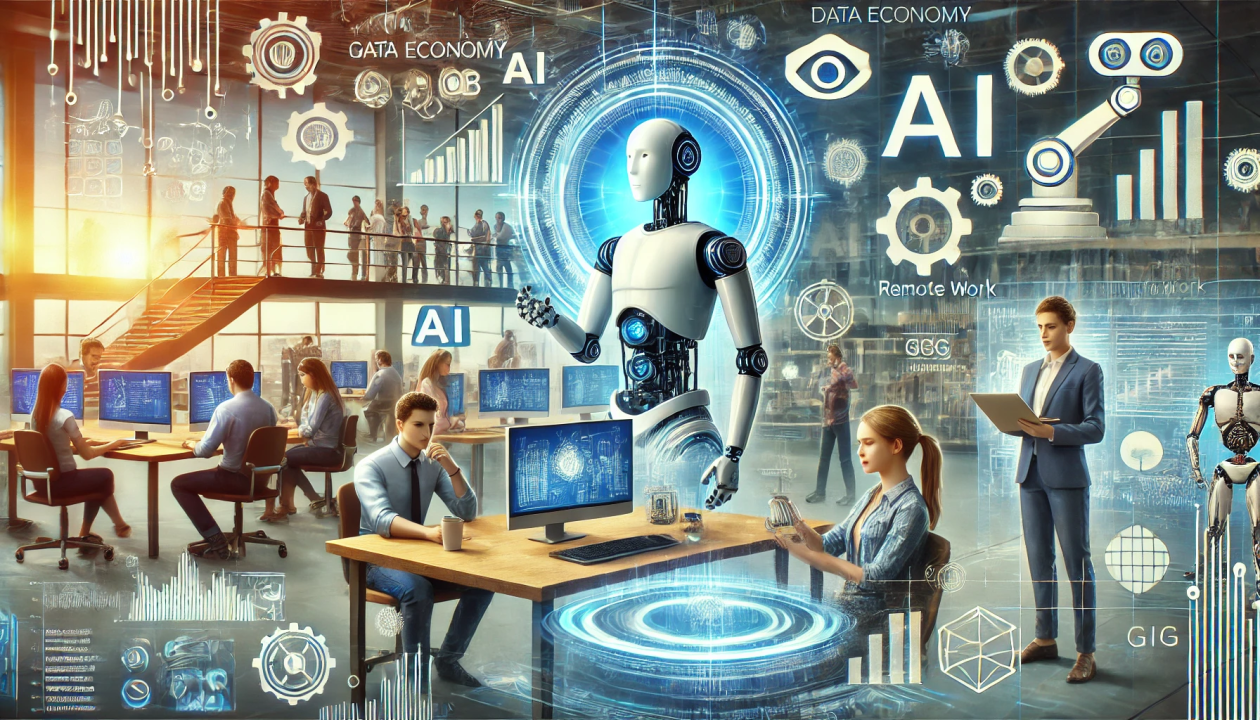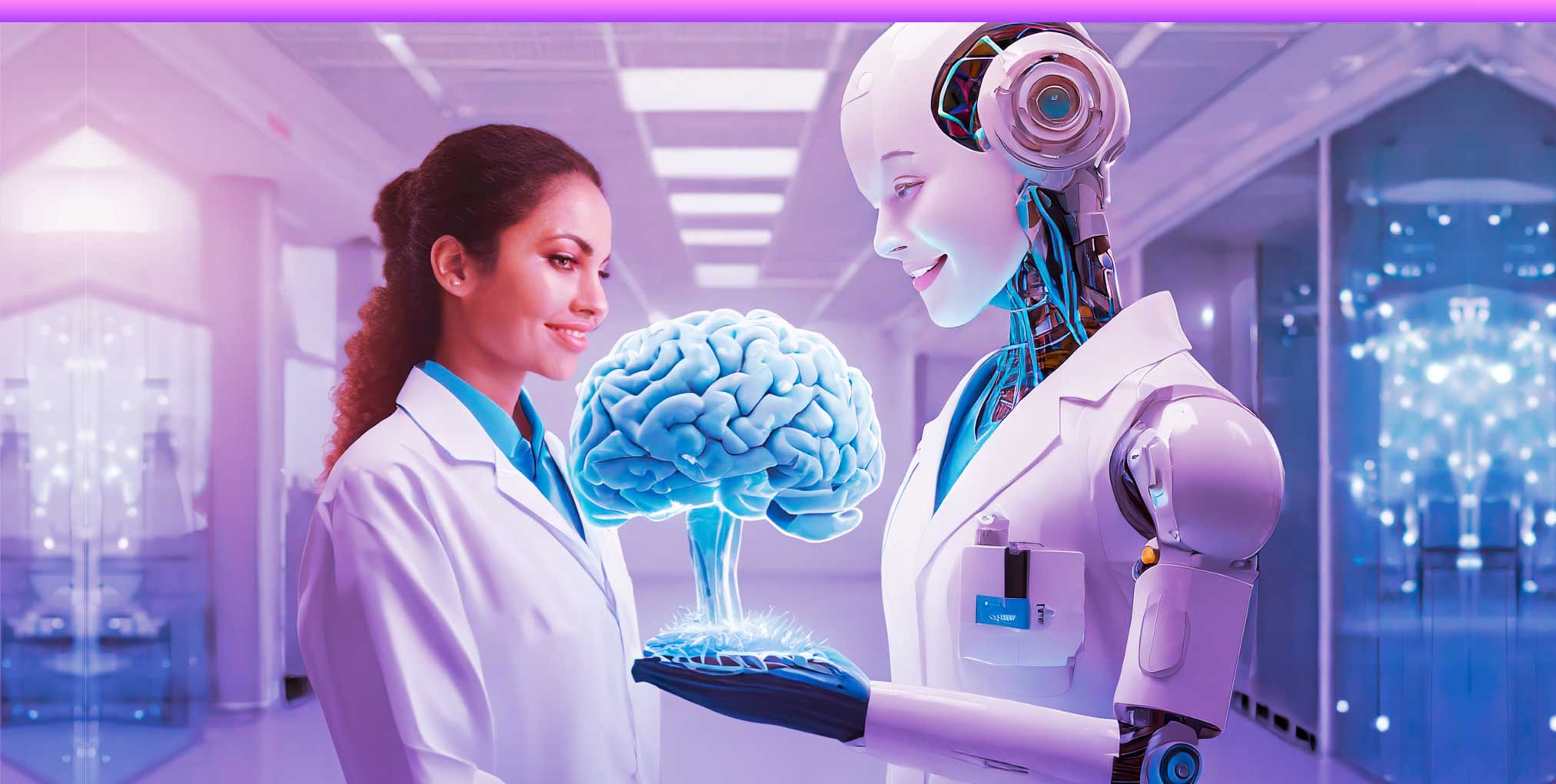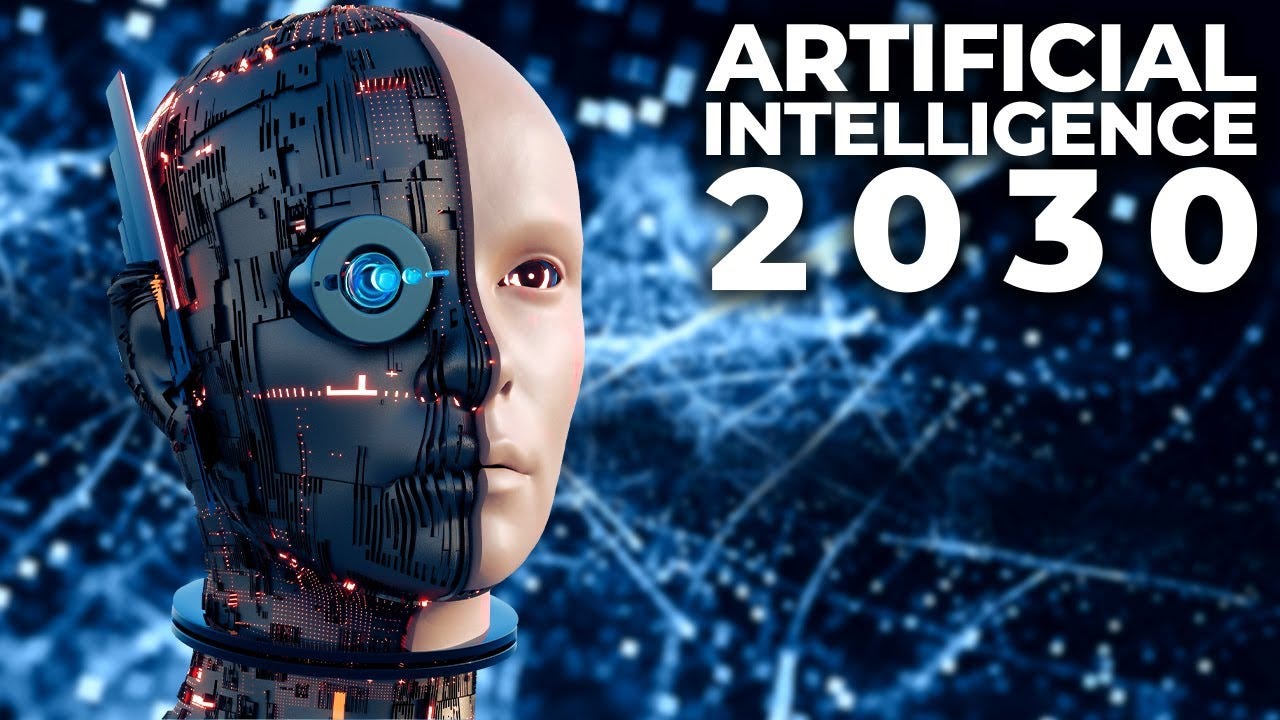As we step into 2025, Artificial Intelligence (AI) is no longer a futuristic concept — it’s an integral part of India’s technological, economic, and social landscape. From startups and government initiatives to education, healthcare, and daily life, AI is reshaping how India works, learns, and innovates.
Google’s 2025 search trends reveal fascinating insights into what Indians are most curious about — not just as consumers of AI, but as creators and innovators. These trends show India’s unique relationship with AI, blending curiosity, opportunity, and the need for responsible development.
1. The Surge in AI-Related Searches
According to emerging trends, searches related to “AI tools,” “AI jobs,” “ChatGPT alternatives,” “AI image generators,” and “AI business ideas” have skyrocketed in 2025.
This surge reflects two realities:
-
Indians are embracing AI-powered solutions for productivity and creativity.
-
There is growing curiosity about AI careers and entrepreneurship opportunities.
In 2024, the Indian AI sector saw massive adoption in sectors such as education, marketing, agriculture, and logistics. By 2025, individuals are not just users — they’re experimenting with AI applications, coding assistants, and automation tools to enhance their workflows and businesses.
2. AI and Employment: The Job Market Transformation
The question “Will AI take my job?” still dominates India’s AI-related searches. Yet, new search patterns suggest a more balanced curiosity: “How to use AI at work,” “AI job opportunities,” and “AI courses for beginners.”
India’s workforce is adapting fast. Job seekers are learning AI-based tools like TensorFlow, OpenAI APIs, and Python-based ML libraries to stay relevant. Platforms like Coursera, NPTEL, and AICTE’s Skill India initiatives have further democratized access to AI education.
The top trending AI career roles in 2025 include:
-
AI Engineer
-
Data Scientist
-
Prompt Engineer
-
AI Product Manager
-
Automation Developer
-
AI Content Strategist
This shift shows that India’s job market is not being replaced by AI — it’s being redefined by it.
3. AI in Education: The Rise of Smart Learning
Education has become one of the most AI-driven sectors in India. Searches like “AI learning platforms,” “AI tutors,” and “AI study tools” reveal that Indian students and teachers are rapidly adopting AI.
AI tools such as personalized learning apps, virtual tutors, and automated grading systems are making learning more engaging and accessible. India’s National Education Policy (NEP 2020) has already integrated AI literacy at the school level, and by 2025, many schools are using AI-powered analytics to track student performance.
Key benefits of AI in education:
-
Personalized learning paths for each student
-
Smart classrooms with adaptive testing
-
Enhanced accessibility for differently-abled learners
-
Virtual mentorship and skill-based assessments
AI is also bridging the urban-rural education gap, helping millions of students in Tier-2 and Tier-3 cities access high-quality digital learning.
4. AI in Healthcare: Smart Medicine and Early Diagnosis
AI in healthcare has seen exponential growth in India. Search interest in “AI medical diagnosis,” “AI in hospitals,” and “AI in healthcare startups” reflects a growing public trust in digital health.
By 2025, Indian hospitals and telemedicine platforms use AI-driven diagnostic tools to detect diseases early, especially in cardiology, radiology, and oncology. AI-powered chatbots are assisting patients with appointment bookings, symptom checks, and medication reminders.
Examples of AI use cases in Indian healthcare include:
-
Early cancer detection using imaging AI
-
Predictive analytics for epidemics
-
Robot-assisted surgeries
-
Health record automation
-
Rural telemedicine through AI-powered mobile clinics
AI’s integration with India’s Ayushman Bharat Digital Mission is ensuring that healthcare access is both affordable and data-driven.
5. AI in Governance: The Digital India Push
India’s government has embraced AI as a core driver of governance reform. Searches for “AI in government services” and “AI in Digital India” reveal public interest in how AI is improving citizen services.
Under the National AI Strategy (AI for All), India is building AI-powered systems for agriculture forecasting, law enforcement, traffic management, and citizen grievance redressal. States like Karnataka, Telangana, and Tamil Nadu have launched their own AI innovation hubs.
Some notable AI-driven governance initiatives include:
-
AI-based traffic monitoring systems in major cities
-
Chatbots for citizen services on government portals
-
Predictive models for crop yield and weather forecasting
-
Data analytics for better policy decisions
By 2025, AI has become an essential pillar in India’s vision for a $1 trillion digital economy.
6. AI in Business and Startups
The Indian startup ecosystem is experiencing an AI boom. According to search data, “AI startup ideas,” “AI tools for business,” and “AI in marketing” are among the top searches.
India now hosts over 5,000 AI-driven startups, focusing on automation, fintech, agriculture, and language translation. Tools for AI-driven customer support, content creation, and analytics have become mainstream.
Top sectors embracing AI:
-
Retail: AI-driven recommendation engines and inventory management
-
Finance: Fraud detection and algorithmic trading
-
Agriculture: Crop health monitoring and precision farming
-
Manufacturing: Predictive maintenance and robotics
India’s AI innovation is increasingly homegrown — developed by Indian engineers for Indian problems.
7. AI and Creativity: The New Digital Renaissance
AI’s creative side has taken India by storm. Searches for “AI art generator,” “AI music creator,” and “AI video tools” show how Indians are experimenting with creativity.
From filmmakers using AI for visual effects to musicians creating compositions with AI models, India’s digital creators are redefining art and entertainment.
AI tools like Runway, Midjourney, and ChatGPT-powered assistants have become essential for scriptwriting, design, and animation. India’s YouTubers and content creators are leveraging AI for editing, voiceovers, and audience insights.
This creative wave represents a shift — where AI isn’t replacing artists, but empowering them to innovate faster and explore new forms of expression.
8. Ethical and Privacy Concerns
As AI grows, so do questions around ethics, data privacy, and job displacement. Searches like “AI ethics,” “deepfake laws in India,” and “AI privacy concerns” show public awareness is rising.
India is working toward strong AI governance frameworks. The Digital Personal Data Protection Act (DPDPA), passed in 2023, aims to regulate how personal data is used by AI companies.
Key challenges for 2025:
-
Balancing innovation with regulation
-
Preventing algorithmic bias
-
Protecting personal and biometric data
-
Ensuring transparency in government AI use
Responsible AI adoption will determine how beneficial and inclusive India’s AI future becomes.
9. Regional and Language AI Growth
India’s linguistic diversity presents both a challenge and an opportunity. Searches for “AI in Indian languages” and “voice AI Hindi” show growing interest in localized AI solutions.
Companies like Google, Microsoft, and Indian startups such as Reverie and Sarvam AI are building multilingual AI models capable of understanding Hindi, Tamil, Bengali, and 15+ Indian languages.
By 2025, voice-based AI assistants are helping rural populations access digital services in their native tongues — from banking to agriculture advice. This is democratizing AI access across social and regional lines.
10. The Future: India’s AI Vision for 2030
Looking beyond 2025, India’s AI journey is poised for exponential growth. The country aims to become a global AI hub by 2030, with emphasis on ethical innovation, talent development, and international collaboration.
India’s AI roadmap focuses on:
-
Building indigenous AI chips and infrastructure
-
Expanding AI research institutes and innovation hubs
-
Encouraging public-private partnerships
-
Investing in AI for social good — healthcare, education, and environment
The combination of a young workforce, strong IT ecosystem, and government support positions India as a global AI powerhouse.













